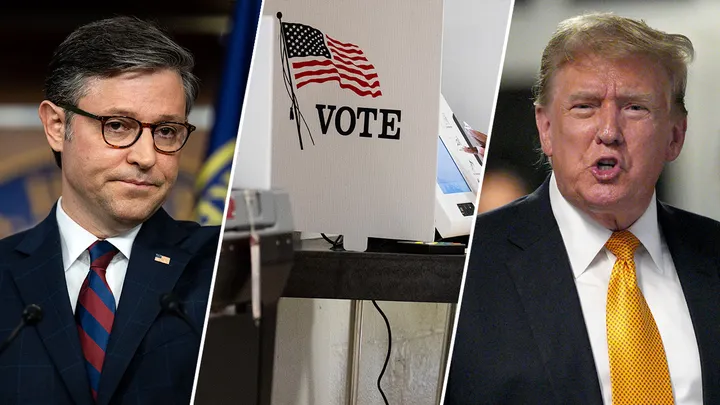The Kingdom of the red ocean one centimeter deep
- Pablo Díaz Gayoso

- Mar 3
- 2 min read
Updated: Mar 24
In July 2024, elections were held in the United Kingdom, the first since Brexit was formalized and which put an end to a long decade of Conservative rule. All the polls gave victory to Labour's Keir Starmer and the elections confirmed that trend, however, the victory was not as sweet as predicted. The collapse of the Tories was hard to avoid, the succession of failed governments are proof that the party that facilitated Brexit had no plan for the day after.

Since Boris Johnson's victory in 2019, three incumbents have passed through No. 10 Downing Street. Johnson (2020-22), Liss Truss (September-October 2022) and Rishi Sunak (2022-2024). This leadership crisis in the Conservative party was seized upon by Nigel Farage and his new Reform UK party (ex UKIP) which won more than 4 million votes compared to the Conservatives' nearly 7 million. However, due to the disproportionate British electoral system, the Conservatives won 121 seats while Reform only won 5 in the House of Commons.
The Labour Party's supermajority is 411/650 seats and 9,708,716 votes, clearly benefiting from the electoral system which in this election was extremely disproportionate. Keir Starmer's party as the winner has won 63% of the seats despite obtaining only 34% of the votes. On the other hand, Farage's party received 0.8% of the seats with 14.3% of the votes. These two examples are the clearest of these elections, in which the sum of the popular vote of the Conservatives and Reform outnumber Labour by more than 1.2 million votes.

For that reason the Starmer government is facing a democratic legitimacy problem of historic dimensions. Never before in the UK has a party governed with so little direct popular support and it is even less than the number of votes that his predecessor in office, Jeremy Corbyn got in 2019 (10,270,000 votes).
Hence, the expected change of government in the UK has been more motivated by the division of the right wing and the electoral system than by real popular support for the Labour Party. This is supported by the incorporation of Starmer to the list of worst rated British leaders, below Boris Johnson, Tony Blair or Nigel Farage (Source: yougov.co.uk)










Comments